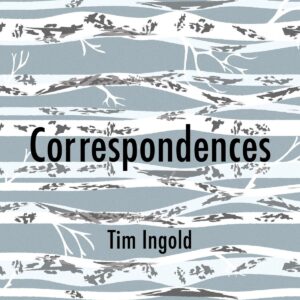The Consortium of Environmental Philosophers has published an Environmental Humanities Toolkit to bring the knowledge and methodologies of the humanities to bear on key environmental crises.
The Toolkit assembles some of the existing work in humanities into a digestible format, for use by policymakers who recognise the need to think differently but are at a loss as to what this might look like or where to begin. Key insights are synthesized for application across a range of institutions and sectors of society, demonstrating the potential contributions of the Environmental Humanities to policy.
Environmental Humanities comprise research in the arts, humanities and social sciences with an environmental focus. Common to this research is an orientation that reflects critically on the parameters of environmental policy and decision-making, including ways of being and knowing, and the contexts and framings within which decisions are made.
Environmental Humanities offer a range of conceptual resources that can assist in decision-making. The toolkit divides these into: a) resources for defining problems; and b) resources for engaging with communities.

Recommendations
The toolkit recommends three areas of focus for policy-makers to apply the humanities in defining problems:
- Context and framing
- Interdisciplinary integration and transdisciplinary insight
- Pluralising knowledge
And four areas of focus for applying the humanities to engage communities:
- Revealing values
- Promoting dialogue and deliberation
- Storytelling
- Valuing the arts





